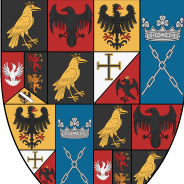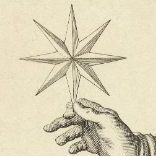-
Popular Topics
-
Topics
-
Recent Status Updates
-
Options
Options
-
0.4 mina leather in aaun. light blue and white stall at square
-
iykyk https://open.spotify.com/track/06GustVmK5U6yhVbvbjy3q?si=35abd6874d184909
No Recent Status Updates -
Options














Recommended Posts